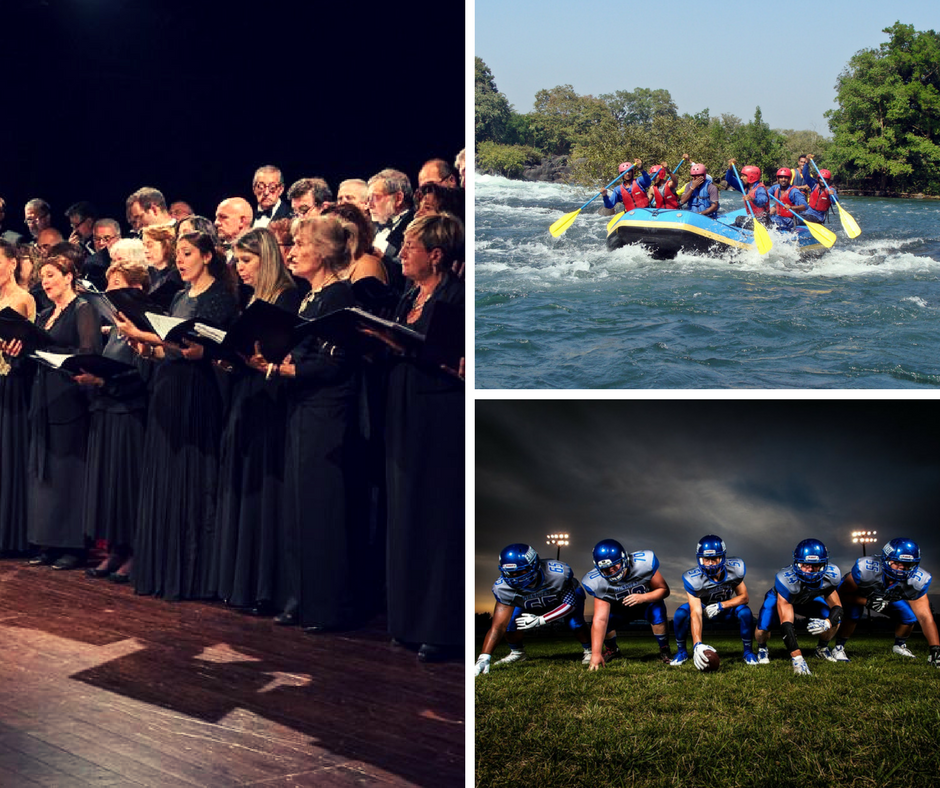The use of traditional courses - especially as regards managerial training - is still very widespread today, even if over the years the offer of somewhat more lively training methods has increased.
The classic lesson "explained" by a teacher, who exposes and explains the contents, had to be forcibly set aside, because no matter how brilliant the teacher may be, after 1 or 2 hours of listening the mind tends to relax andeducational effectiveness collapses, even more so when the learner is a manager worried about the passing of time.
Therefore, over time classroom training, when it has not been decidedly supplanted by the use of new online technologies, has on the one hand integrated with other learning blended), on the other hand it has become more and more experiential.
Hence the development of training courses based on - or assisted by - artistic workshops (music, theater, painting, graphics, literature, cinema, poetry, choir, ...), or classic experience paths (case analysis, Learning by doing and Learning by thinking, Action Learning, Project Working, ...), or coaching sessions (Coaching, Outdoor Training, Study Tours, ...).
Apparently with the development of less traditional methodologies the classroom training it has repositioned itself and regained strength due to its characteristic of stimulating confrontation, of making experience, of working on concrete cases, of experimenting through simulations. And didactic aids have also evolved, often with the introduction of videos, multimedia tutorials, and other tools provided by e-learning.

But now that we've brought the majority of the ruling class down canyon rapids, survive a Survival course, race in the dead of winter, jump off a sled run, dress up as Hamlet, and try their hand at Gregorian chant, what can we still offer? A rugby match against Martìn Castrogiovanni can have its charm even for an elderly gentleman who is not very muscular, but he will certainly be able and will want to play only one in his professional life.
There is no limit to the imagination, and we are confident that we will soon be able to participate in workshops organized on Mars or in discussion groups organized on the lava of an erupting volcano, but the space for further innovations in this sense is fatally limited.
It therefore becomes essential to combine more and more various learning methods according to the so-called model blended. There is a very wide range of methodologies on the educational market, and the winning strategy is to combine them with a view to integration. In this way, a training experience will be developed whose overall effectiveness will be the result of the combination of the advantages of each method used.
The real future of classroom training is not to fossilize in the classroom. Taking from everyone what good you can get, this is the real innovation strategy.